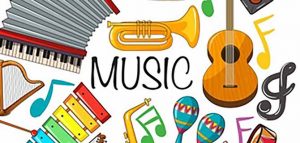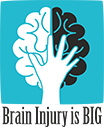empowering the severely brain injured and their families via support, understanding and a network of care
Music Therapy

Music therapy for those with a brain injury, uses music to achieve goals to meet the individual clinical needs that they may have. Goals may include improving a persons physical ability, communication and social interaction, cognition, behaviour and emotional expression.
Music therapy has been proven to be an effective treatment in helping to improve the quality of life of those with a brain injury. It works by connecting music and movement by accessing undamaged parts of the brain to learn and reteach functions that have been impaired. It connects numerous parts of the brain, and this is essential for neuro-rehabilitation. It involves many activities such as listening to music, playing an instrument, drumming or singing. These therapy sessions touch all aspects of the mind, body, brain and behaviour. Understanding the simple ways of maintaining the health of the brain is vital and recognising the importance of music and how certain songs can change your mood, making an individual feel more relaxed and calm.
Music therapists have a high level of musicianship and are clinically trained and undergo training at a master’s level. They will be registered with the Health and Care and Professions Council (HCPC) and work as a part of a team with other health professionals.
Trained music therapists work in a variety of healthcare settings, including those who have rehabilitation needs following a stroke, traumatic brain injury, Parkinson’s or Alzheimer’s disease, to name a few.
Music therapists help in the assessment of awareness using the Music Therapy Assessment Tool for Awareness in Disorders of Consciousness (MATADOC) a standardised assessment tool that was developed by Dr Wendy Magee and Dr Barbara Daveson, former music therapists at the Royal Hospital for Neuro-disability. The MATADOC contributes to interdisciplinary assessment of awareness, the diagnosis and person’s rehabilitation goals.
Following the MATADOC assessment music therapists make recommendations based on the assessment findings to families about how they might use music to address and enhance quality of life for their loved one. Recommendations can be made for the use of music as part of a controlled environment and music as part of shared leisure activities. This can help families feel involved in their relative’s care.



